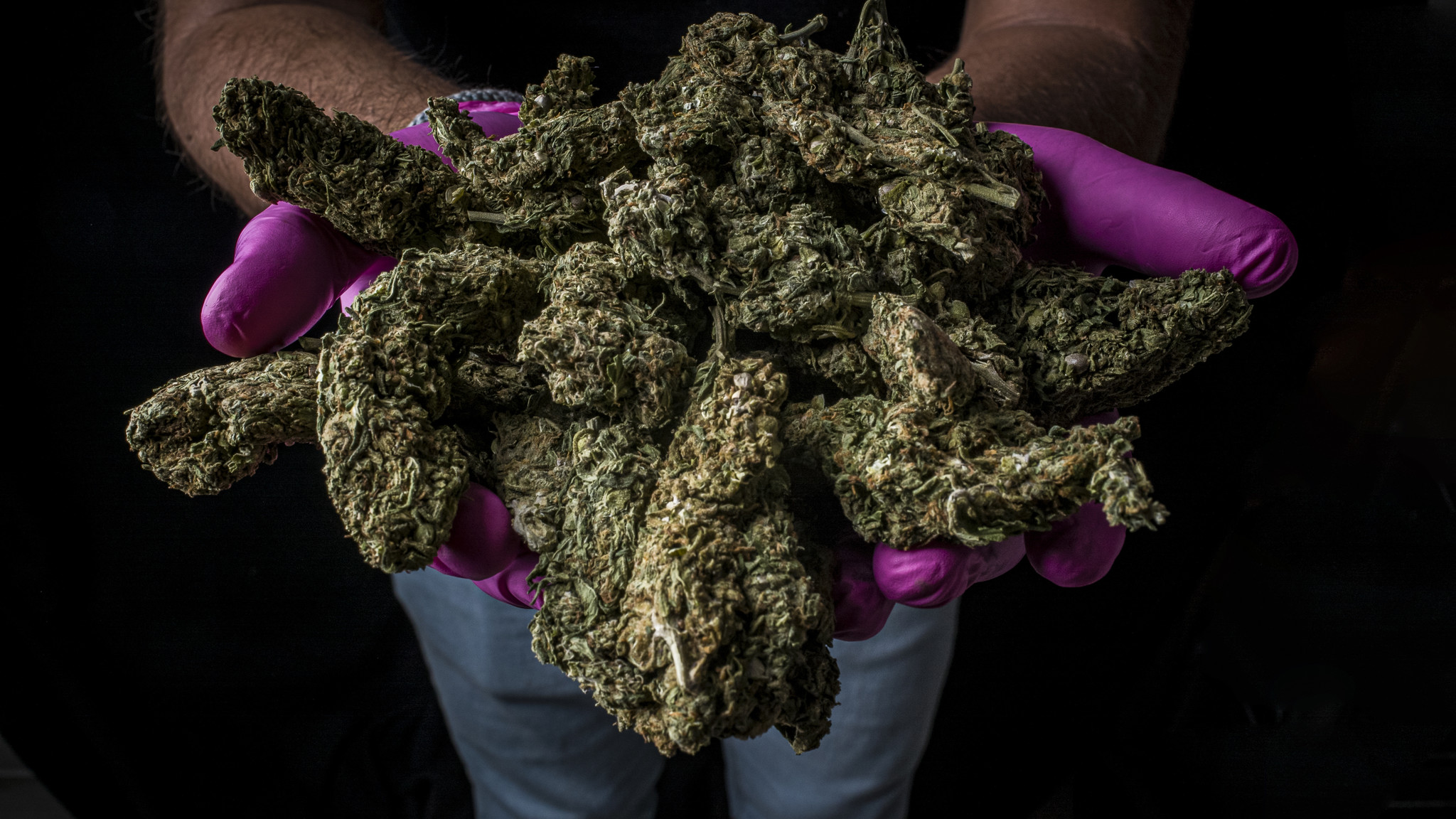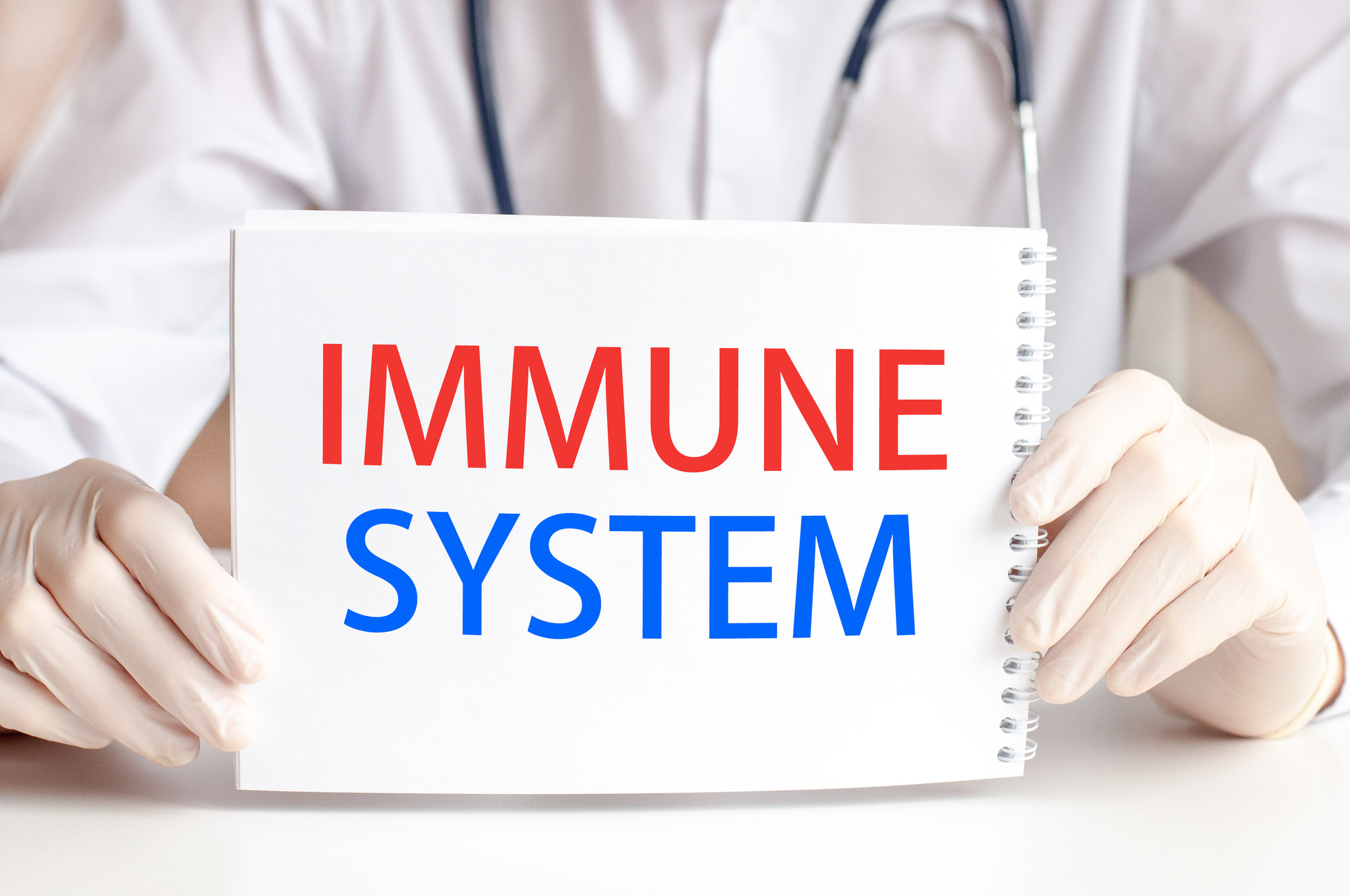How does cannabis affect the immune system?
Cannabis contains a large amount of bioactive substances. Especially the cannabinoids are known, such as THC and CBD. Much research is still being done into the effects of these substances on the human body. It seems that cannabis also has an effect on the immune system and that it may suppress it. That can have benefits in autoimmune diseases, but what about healthy people? In this blog, we list what is known about the influence of cannabis on the immune system.
The importance of a powerful resistance
Our immune system is vital. If it doesn't do its job properly, you run the risk of dangerous infections. Viruses, bacteria, fungi, you are exposed to these every day, but luckily your immune system protects you against this. Many people therefore try to boost their resistance by adjusting their lifestyle, exercising more, eating healthy and using supplements. The question is whether cannabis can also help strengthen the immune system.
But before we explain how weed affects the immune system, it is important to know how our immune system actually works. The resistance is a complicated system whose task is to keep out and destroy unwanted intruders. It consists of different tissues and cells. The most important part of your resistance are the white blood cells (leukocytes). There are two types, the lymphocytes and the phagocytes. They are produced in the bone marrow and lymphatic tissue.
Lymphocytes fight dangerous invaders with antibodies, which ensure that invaders are destroyed. Phagocytes clean up all foreign particles by enveloping them and, as it were, eating them. Your immune system is a fascinating system. It defends your body and can remember it was once attacked by an intruder. It can then react faster and more effectively next time.
Cannabis and the Endocannabinoid System
However, there is another system that influences your resistance, and that is the endocannabinoid system (ECS). Anyone who has ever searched for information about the effects of cannabis will have come across this term. The ECS is a regulatory system whose task is to maintain the natural homeostasis, the balance, in the body. It does this by adjusting various processes. The resistance is one of those processes.
The ECS can exert its influence through receptors located on the cells. There are two receptors that the ECS uses, CB1 and CB2. Your body produces its own substances that can pass messages through these receptors, these are endocannabinoids. Immune cells, such as natural killer cells, monocytes and lymphocytes also contain CB1 and CB2 receptors. In this way, the ECS can influence the immune system by adjusting it if necessary. And it turns out that the ECS also responds to plant-derived cannabinoids, the phytocannabinoids, such as CBD and THC. So it is quite possible that using cannabis affects your immune system.

How does cannabis affect the immune system?
As mentioned, the resistor is a complicated system, about which we still do not know everything. But science is not standing still and research has been done on the effects of cannabis in various diseases related to the immune system.
Cannabis in MS
MS is an insidious disease, of which we unfortunately do not yet know everything. It's an autoimmune disease, meaning your own immune cells attack harmless brain and nerve cells. This causes pain, muscle cramps and fatigue. We don't know what the underlying cause of the disease is. Cannabis has properties that may have a positive impact on MS. Cannabinoids can have an anti-inflammatory and analgesic effect, and have neuroprotective properties.
Cannabis and HIV
HIV (Human Immunodeficiency Virus) can be spread through unprotected sex. The virus acts like a parasite in the body and attacks the immune system. It causes a rapid decline in T cells, whose job is to activate the rest of the immune system when there is an infection. In the beginning of the disease, you may notice some flu-like symptoms. But you may not notice any symptoms, while the virus continues to spread in the background. It weakens your immune system and eventually leads to immune deficiency.
We previously indicated that cannabis can boost the immune suppress system. So you might think it would probably be better for people with HIV not to use cannabis. However, it is possible that cannabis can also have positive effects in HIV. For example, patients with HIV can suffer from inflammation and the anti-inflammatory properties of marijuana may alleviate this. Furthermore, cannabis may also antiviral properties, which can counteract the effects of the virus. However, the research into this is still in its infancy.

Suppression of the immune system
The use of cannabis for the immune system therefore seems to have many benefits. But a caveat should be added here. Cannabis can also suppress the immune system, making it unable to respond effectively. This would give pathogens room to make their move. It is believed that heavy users are therefore at a higher risk of infections and a reduced immune system.
And then there is another study that indicates that long-term use of cannabis can lead to the activation of certain suppressor cells (MDSCs). These cells suppress the immune system and increase the risk of cancer.
So there are clearly still a lot of snags to using weed to support your immune system. On the one hand, cannabinoids with their analgesic and anti-inflammatory effects may provide relief from illness, especially autoimmune disorders. But because cannabis can suppress the immune system, it is certainly wise to be careful if your immune system is otherwise in order. On the other hand, research seems to indicate that cannabis actually has antiviral properties. Unfortunately, much is still unclear in this area and more research is needed. Fortunately, scientists are working on this, and hopefully it will soon become clear what the effects of cannabis on resistance are.







